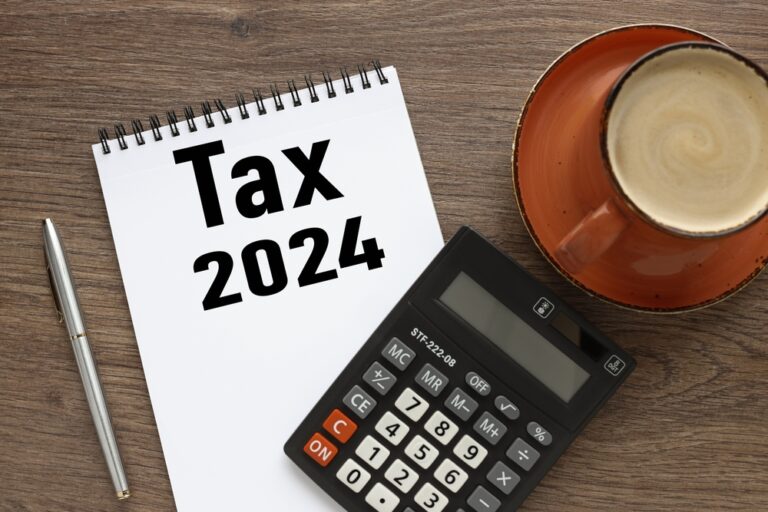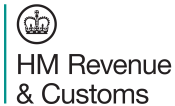Claiming tax relief for employment expenses
Claiming tax relief for
employment expenses
 > Resources
>
Newsletter
> Resources
>
Newsletter
 > Resources
>
Newsletter
> Resources
>
Newsletter

Claiming tax relief for employment expenses
It is always a question of understanding when relief is available and, if it is, how the relief can be claimed.
The General Rule
Deduction is allowed from earnings for an expense if the employee is obliged to incur and pay it as a holder of the employment, and the amount is incurred wholly, exclusively and necessarily in the performance of the duties of the employment.
It should be noted that the general rule does not apply to travel expenses, which have their own set of rules.
The Tests
To be successful in claiming a deduction for an expense under the general rule, the following tests must be met:
- The expense is one that each and every jobholder of that employment would have to incur.
- The expense is necessarily incurred.
- The expense must be incurred in the performance of the duties of the employment.
- The expense must be incurred and paid.
- The expense must be wholly and exclusively so incurred.
The fact that an employer requires the employee to incur the expense does not mean it is deductible; however, the requirements of the employer may be relevant in determining the duties of the employment and the requirements that they impose.
This test relates to the nature of the expense, not the amount. Consequently, if this and the other tests are met, the full amount is deductible, even if a cheaper expense option is available.
A distinction is drawn between expenses incurred ‘in’ the performance of the duties and those which put the employee in a position to perform the duties of the employment. A deduction is only allowed for the former. For example, an employee may need to pay for childcare in order to go to work; however, this expense is not deductible as it is incurred to enable the employee to be able to work rather than in performing the duties of their employment.
Travel Expenses
Relief is available for travel in the performance of the duties of the employment and travel to a place where the employee’s attendance is necessary in order to perform the duties of the employment.
Relief is not available for travel between the employee’s home and the employee’s workplace (ordinary commuting) – this is travel which puts the employee in a position to perform the duties of the employment rather, than travel incurred in performing those duties. The fact that the employee’s attendance at the workplace is necessary does not render the costs of commuting deductible. There are limited exceptions to this rule, applying where the employee is working at a temporary place for a limited duration or where the employee has a travelling appointment.
Travel that is generally understood to count as `business travel’ (e.g., visiting a customer or a supplier) will normally be deductible where the cost is not met by the employer. Again, if the test is met, the actual cost will qualify for relief, even if a cheaper option is available.
Fees and Subscriptions
Employees are allowed a deduction for professional membership fees meeting the conditions of ITEPA 2003, s 343 and for annual subscriptions (within ITEPA 2003, s 344) paid to bodies on HMRC’s List 3.
Claiming Relief
Where an employee client is required to complete a self-assessment tax return, any claim for relief for employment expenses should be made in the employment pages of their tax return.
If the employee does not need to complete a return, the easiest way to make a claim is online. The online service is available on the Gov.uk website at www.gov.uk/guidance/claim-income-tax-relief-for-your-employment-expenses-p87.
Claims can also be made by phone (0300 200 3300) if a claim has been made in previous years for the same expenses type and the total expenses are either less than £1,000 or, for professional fees and subscriptions, less than £2,500. This route cannot be used to claim relief for expenses incurred as a result of working from home.





